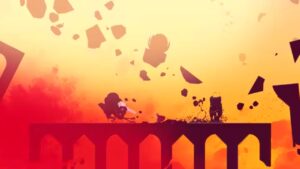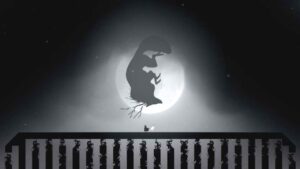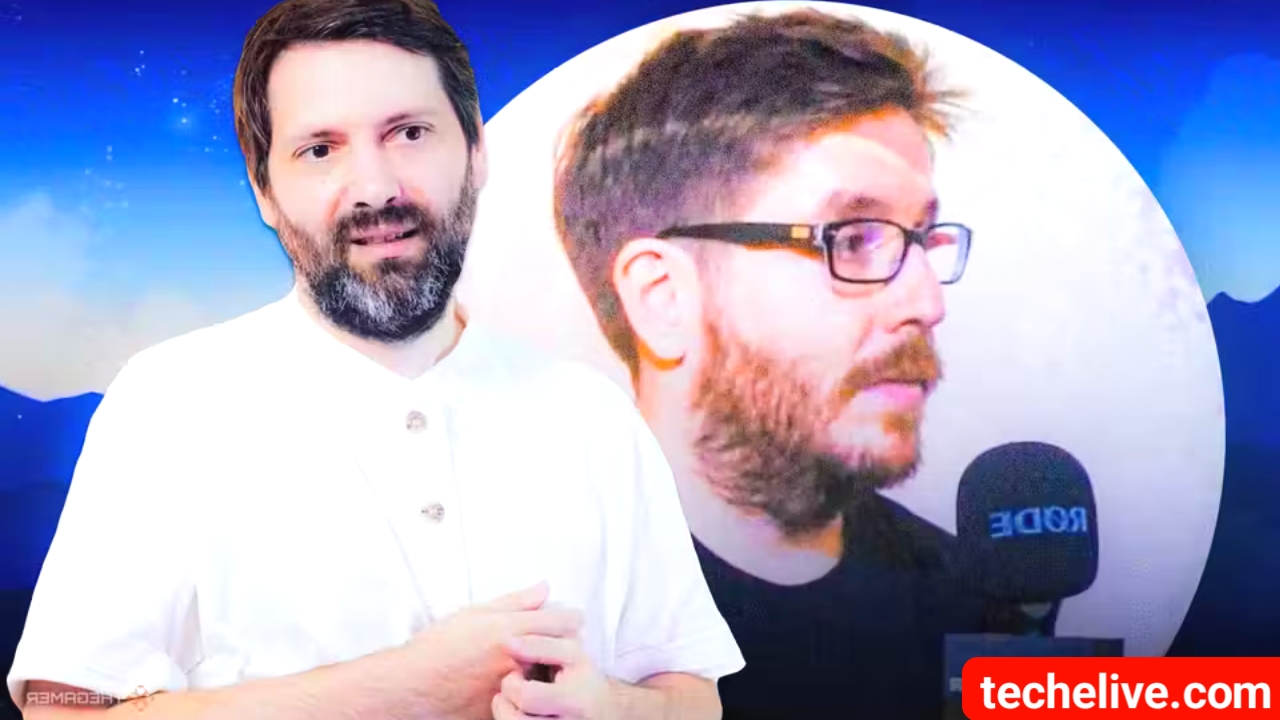Nomada Studio’s upcoming game, Neva, has new combat, a second character and new challenges compared to Gris. Neva has a Chat Mode option for easy combat, so players can chat without any challenges if they want to. The main theme of Neva is a key, a place for interpretation without specific information, which creates an emotional connection with the players.
Nomada Studio, the team behind Gris, releases their next game – Neva. I recently arrived in Barcelona to play the first hour and talk to Roger Mendoza, lead producer for Nomada Studios, and creative director Conrad Roset about the work behind the creation of their beautiful new platform. Mendoza told me that at first the team was fired up after Grease.
The program was very difficult for us and it was a difficult game to drop. After launching, they take a break and then start thinking about different options for the next game. The team had many ideas before the creation of the Nova project, “When we decided, it was very easy for us because we felt that this is the next part of the Nomada game.”

An interview segment with Mark Lariviere of Survivor for Dead Rising Deluxe Remaster.
“But it’s refreshing to change things up, to have a second look, to fight. It’s a new challenge that’s exciting, whether it’s programmers, enemies or friends that should be fun but not boring. It’s an interesting project.”
Creating a friendly character was a challenge the team found “more difficult” than expected due to Neva’s growth throughout the game, meaning they had to change her behavior and animations.
Nova challenged the team in many ways. There’s a good balance between the base and the wordless dialogue, but with Nova, Nomada Studios ups the ante by adding combat to the mix. Finding a balance between the three elements and making sure they appeal to fans without alienating anyone is “very difficult,” Mendoza told me. It’s hard to find the right balance between hard and shallow. “We did a lot of talking about it.”
Mendoza admits that, for many players, Gris is one of their first games, and the team does not want to leave them by adding a fight, and for that end, it has been introduced by They are a mode of communication for Neva. The battles in this mode are easier without dying, there are few tweaks to the game, and it means you can enjoy the story without much challenge.
The team says Grace has the foundation of experience they want to apply to Neva. “[With Gris] we learned to build levels. In Greece, Mendoza explained, the problem is much less. We can create bigger, more complex levels, and I think it shows in the art. The visual sequences, we’ve never done before in Grease, and now we have the expertise to make them more complex and interesting.

“We took a lot of inspirational reference from Gris in terms of pacing, with the idea that something has to happen every several minutes: combat, puzzle, a beautiful scene. Back in the day, we had a lot of combat, but then we started narrowing down so the pacing gets equal with both puzzle, combat, and beautiful moments. It was a lot of iteration, which I have to say, the developers gave us all the time in the world that we needed.”
Gris was Roset’s first video game, having worked as an illustrator artist for advertising agencies and publishing galleries before that. He says working on Gris, and everything it taught him, was like “going to school”. I ask Roset whether he prefers working with video games or his previous work but he simply laughs that he’s too exhausted to think about it objectively, but still “want[s] to make some more games”.
Undoubtedly, much of Gris’ DNA can be found in Neva. But while I’m admiring the stunning art style and looking at the cute white wolves, beautiful deer and other dark creatures chasing you around, I can’t help but think of Studio Ghibli’s Princess Mononoke . “We love Ghibli movies,” Mendoza told me. “Mononoke is also one of my favorite movies. We really thought about Mononoke when we built it.
Princess Mononoke wasn’t the only one who inspired Rosette. He tells me that he also takes inspiration from comics, manga, modern illustrators, classic paintings and movies like Disney and Pixar. He says he could talk for hours about his inspiration, and it’s obvious.
Part of that comes through in Nova’s different visions of the living, breathing world, and Rosette explains how important it is to have a deep world, “We wanted the forest and the world to be very alive so which will help the information. “When there is a disease, there is a difference in the world of life and death.” When I asked him about his favorite part of Nova, he pointed to a photo on the wall. He calls it “the dark and white dream phase”.
The image shows a large black and white wolf descending from the sky and roaring at Alba and Nova as they stand on a bridge. This wasn’t part of the demo I played, but upon closer inspection I noticed that the bridge pillars are made by the enemies you fight.
Darkness and whiteness in Nova. The team knew they wanted to create a relationship between the two characters, but the original idea didn’t include friendship. “When Konrad told us he wanted to make a game for parents, the first thought was two people,” says Mendoza. I remember telling Konrad, don’t be a lizard. Please don’t have four legs.” But then the wolf and nova concept came out, and it worked really well.
When it comes to the project, it is more difficult to make squares, but we managed it and it worked. I think it helps you relate to the character. Anyone who owns a pet has a special bond with the animal. – I think it will work very well.
While Neva’s main goal is to be a parent, Mendoza’s is more about individuality. There is a theme behind us, like what happened in the world, who our enemies are. We don’t want to get too deep into that. We say this is a fear that parents face when raising someone. No problem, we like to let people talk about the game without putting it in their mouths. So the main idea is the main function, the rest has a little information about it, but it is not very special.
Following Grace without talking leaves room for interpretation, Rosette told me. “We try to narrate in a very subtle way. Not having dialogue and text gives a lot of room for imagination, because the player fills the information holes with their own experiences, and I think that gives us a lot of personality when narrating.”
However, the devs are individuals too, and thus have individual takeaways themselves. Roset drew from his own experience of being a parent when developing Neva and so for him, “it’s about protecting your son and how the roles are reversed as he evolves.”
He points to the opening of Neva, which shows the mother wolf giving her life to save her cub. “You would die for your child,” he emphasises, “I think that the greatest fear for anyone, if you’re a father, is that something happens to your son.” Roset hopes Neva connects with players emotionally, “It doesn’t have to be a positive feeling, it can be negative, but that it conveys emotions. Sadness, joy, whatever.”
